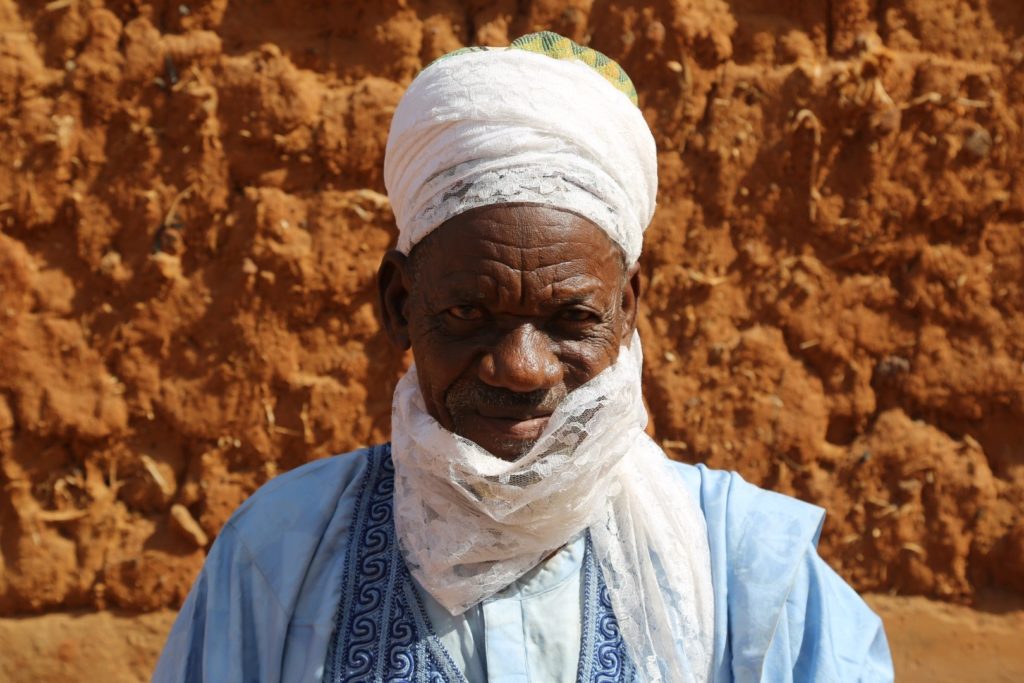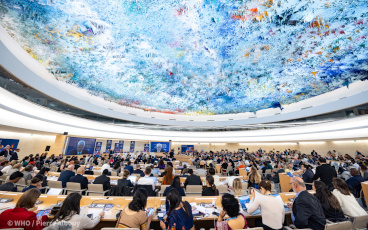Leaving No Virus Unchecked in Nigeria
The Korea Foundation for International Healthcare is supporting efforts to improve surveillance in one of the last remaining strongholds of the poliovirus.

Surveillance is one of the central pillars of polio eradication. Disease detectives globally are constantly on the alert to find every last virus because without in depth knowledge on where it is, polio cannot be stopped. In northern Nigeria, one of the last remaining places on earth where polio continues to paralyse children, the eradication programme is always on the lookout.
In 2016, Nigeria was taken off the list of polio endemic countries, with two years having passed since the most recent case. Soon after, however, four children paralysed by the virus were found in Borno, a state where insecurity had made some populations inaccessible for several years and where there were gaps in surveillance. A strong outbreak response was launched to stop the virus, despite the challenges.
Strengthening surveillance is an important part of this response. Polio surveillance relies on every case of acute flaccid paralysis (the symptoms of polio) to be found and tested for the presence of the virus, due to the fact that it can be caused by a number of things. To ensure that every case is identified, local healthcare workers, traditional healers, teachers, parents and religious leaders around the world are on the alert for any paralysed child in their communities.
There is still some way to go to improve the Nigeria surveillance system. Work is underway to engage new community informants and to coordinate surveillance efforts with other countries in the Lake Chad region. With an estimated 2.5 million people displaced in the surrounding countries and moving across porous borders, country efforts to identify the virus must work in unison.
The Korea Foundation for International Healthcare
Since 2013, KOFIH, in collaboration with the Community Chest of Korea, has provided US$ 5 million to WHO to fund surveillance in Nigeria as part of its support to disease eradication and emergency relief efforts. With strengthening the surveillance system in Nigeria so central to stopping the virus, the support of the Korea Foundation for International Healthcare (KOFIH) is all the more critical. KOFIH joined with other global health leaders at the Rotary Convention in June who together committed US$ 1.2 billion to the drive to end polio.
“This invaluable support from our partner KOFIH is enabling us to strengthen surveillance in northern Nigeria. Their focus on this challenging area reflects their understanding that in the final throws of an eradication effort, no stone must remain unturned,” said Michel Zaffran, Director of Polio Eradication at WHO.
More:
Learn more about how to find every last virus through the Polio Surveillance System Animation













